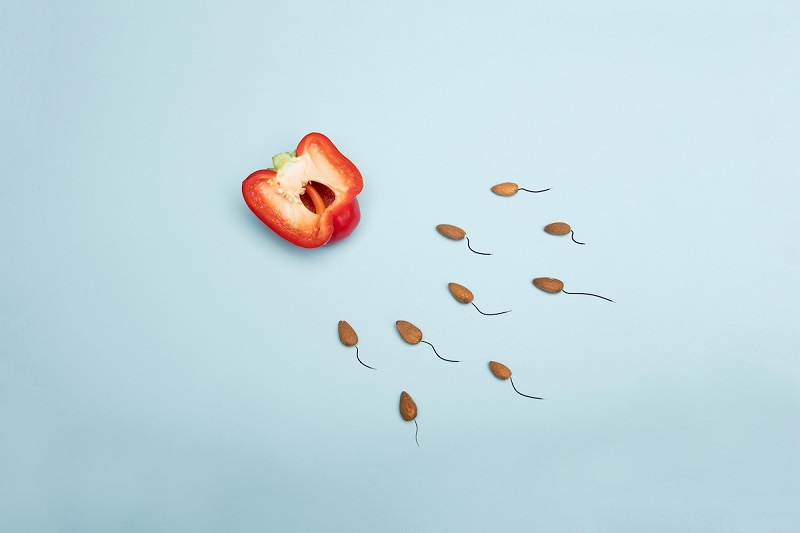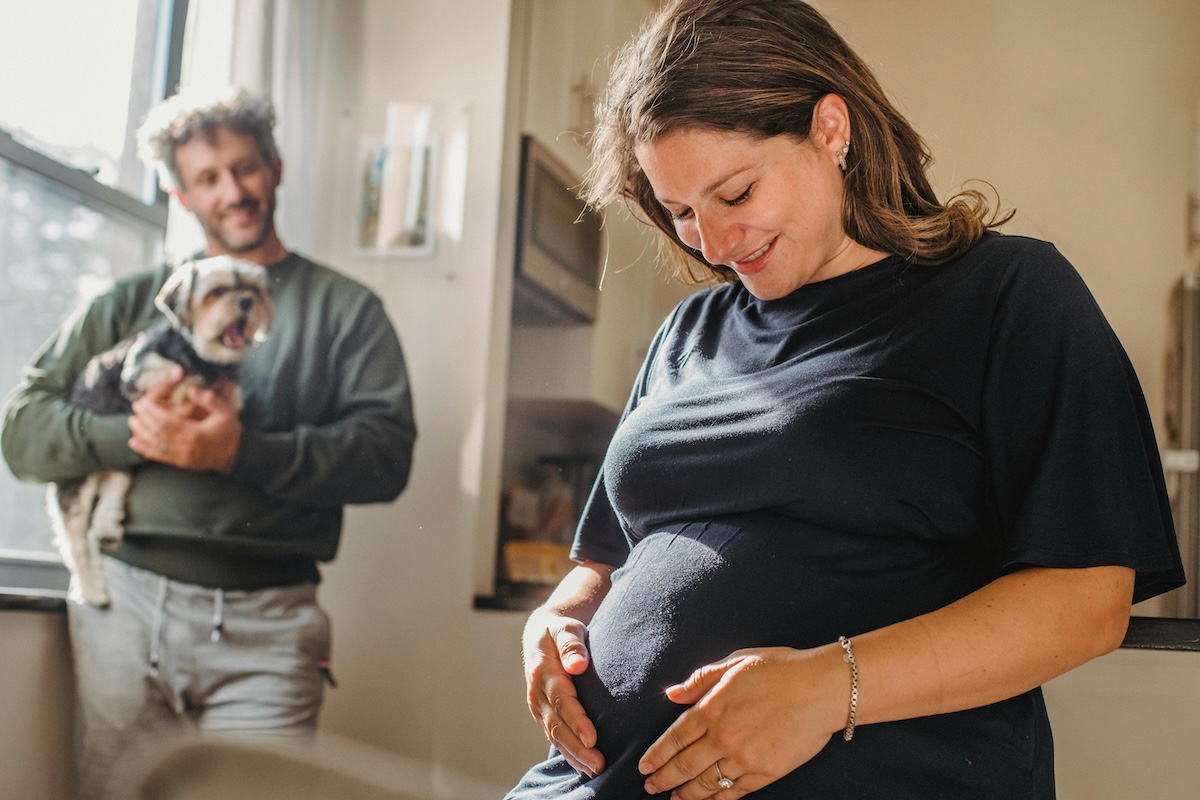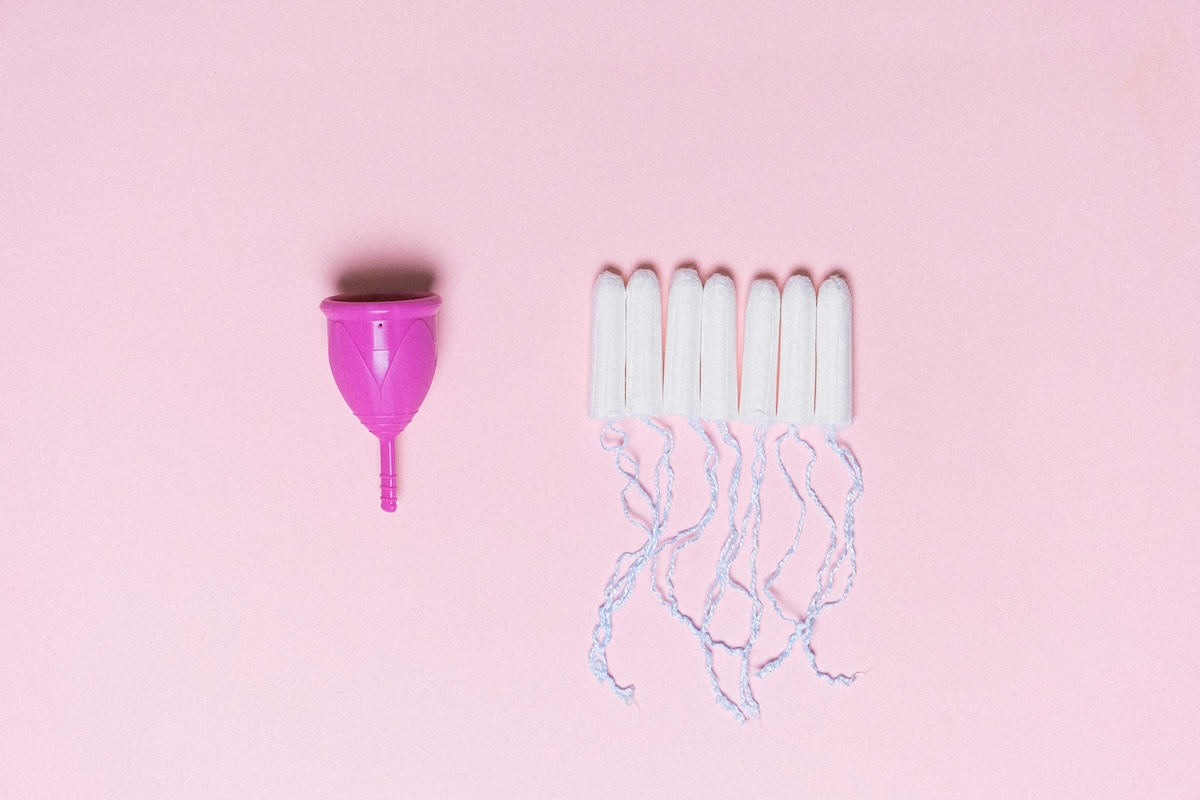Are there any connections/data/research between IVF and early-onset menopause? I am 42 and thought I was starting perimenopause, but my recent blood work reflected someone who was much further along in the menopause journey (my doc suggested 10 years or so earlier than my peer group).
—Ten years too soon
You are correct that 42 is a little younger than we would typically expect to be in perimenopause, though it would not be considered abnormal. Your idea that IVF and specifically egg retrieval cycles could affect the age at which you experience menopause makes logical sense. After all, if you have a finite number of eggs and during an egg retrieval cycle your doctor retrieves 8 to 14 eggs on average, you might assume that you are using up more eggs in those retrieval cycles than in your typical ovulatory cycle.
Does the data support this logic? The answer is not so straightforward. Experts remind us that during each menstrual cycle, we have follicles that start but don’t complete the maturation process. They note that the additional eggs they collect during a retrieval cycle come from recruiting those follicles that otherwise would not fully mature during a regular menstrual cycle.

Studies like this one demonstrate an association between IVF and menopause. However, in retrospective studies like this, we have to assume that at least some of the women undergoing IVF to conceive are doing so because they are struggling with fertility issues that may also predispose them to early menopause, such as premature ovarian insufficiency.
Today, more women are undergoing egg retrieval electively to preserve fertility without having any known fertility issues. This allows researchers to conduct studies like this one, which suggests that the number of eggs retrieved in a cycle is correlated to a woman’s age at menopause, but not the way in which our original logic would have us think. Rather, the fewer eggs retrieved, the earlier a woman can expect to experience menopause.
This does make sense, though, when you consider that a robust response to the hormones used to mature eggs during an egg retrieval cycle suggests that the number and quality of eggs in the ovaries is good.
The takeaway? Egg retrieval for IVF does not likely change the age at which a woman will experience menopause, but certain causes of infertility for which a woman might undergo IVF may predispose her to having menopause earlier.
Community Guidelines





















Log in